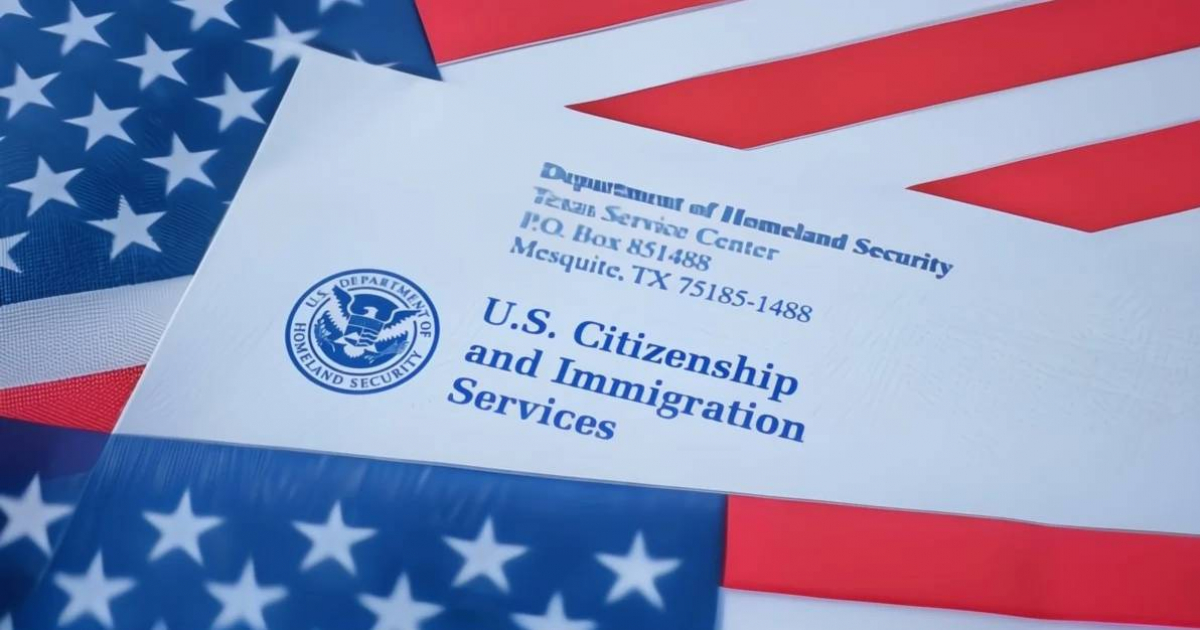
Related videos:
The implementation of humanitarian parole for Cuban migrants has seen a drastic reduction in recent months, with only 10 Cubans receiving travel permits under this program in December 2024, and none of them managed to reach the United States that month.
According to data from the U.S. Customs and Border Protection (CBP), only 10 Cubans received travel permission through humanitarian parole in December 2024. However, none of them managed to travel that month, and basically no Cubans have arrived since October.
The program, which allows migrants to travel legally to the U.S. under certain conditions, was created as part of a broader effort by the Joe Biden administration to regulate the migration flow of Cubans, Haitians, Nicaraguans, and Venezuelans.
Despite the fact that U.S. authorities have approved the entry of over 531,690 people from these countries in recent months, the number of Cubans who have been able to benefit from this process remains notably low.
Until the end of December 2024, only 110,970 Cubans were authorized to travel under the parole, but the latest approvals have not been implemented due to various barriers, including logistical difficulties and a lack of available commercial flights.
Specifically, 110,970 Cubans; 213,150 Haitians; 96,270 Nicaraguans; and 120,760 Venezuelans were screened and authorized to travel; and 110,240 Cubans, 211,040 Haitians; 93,070 Nicaraguans; and 117,330 Venezuelans arrived and obtained conditional release.
Despite the authorization, the number of Cuban individuals who have actually arrived in the country remains extremely low compared to other nations.
The delay in the implementation of this program adds to the growing uncertainty regarding the immigration policies of the new U.S. administration, which has promised to close the borders and deport thousands of immigrants.
Frequently Asked Questions About Humanitarian Parole for Cubans and Its Current Challenges
Why has the number of Cubans arriving in the U.S. under humanitarian parole decreased?
The decline in the arrival of Cubans in the U.S. under the humanitarian parole is due to the implementation of stricter security measures and a thorough scrutiny of sponsors, as well as logistical issues and a lack of commercial flights. Additionally, the program has faced a drastic decrease in permit approvals, leaving many Cuban families in uncertainty about their migratory future.
What impact could the change of administration in the U.S. have on humanitarian parole?
With Donald Trump's arrival in the presidency in January 2025, it is expected that the humanitarian parole will be eliminated. Trump has promised during his campaign that he would put an end to this program, which would affect thousands of migrants waiting to enter the U.S. under this modality. This could increase uncertainty and irregular immigration due to the lack of legal alternatives.
What alternatives do Cubans in the U.S. have in light of the potential end of humanitarian parole?
Cuban nationals who are already in the United States under humanitarian parole may consider applying for permanent residence under the Cuban Adjustment Act, which allows them to obtain residency after one year and one day in the country. They can also explore other options such as political asylum or applying for an employment visa, depending on their personal circumstances.
What measures have been implemented to control fraud in humanitarian parole?
Stricter security measures have been implemented, including rigorous scrutiny of sponsors through biometric and biographical analysis. These measures aim to ensure that beneficiaries of humanitarian parole are properly evaluated, following the detection of significant instances of fraud in the process.
Filed under: